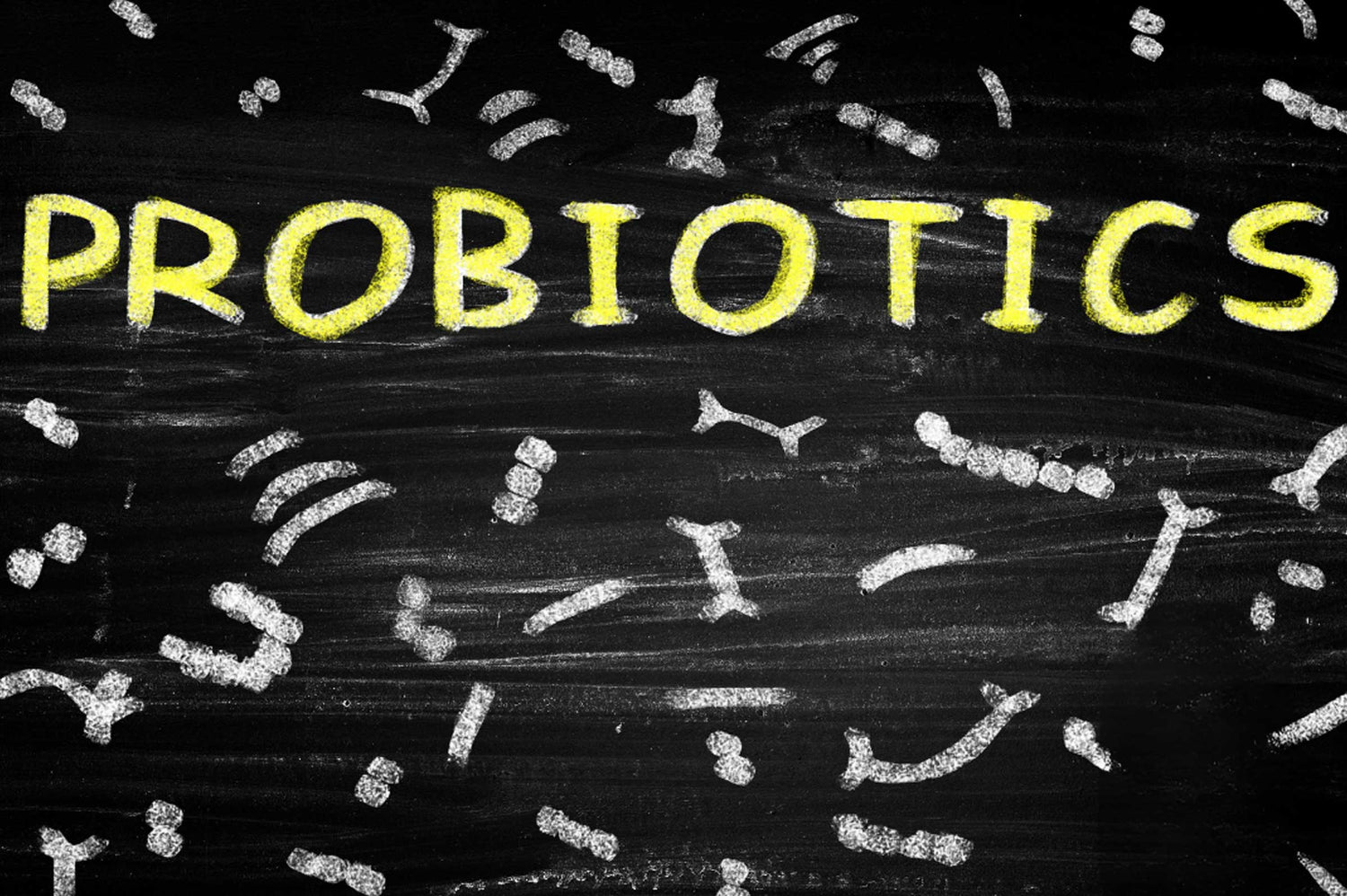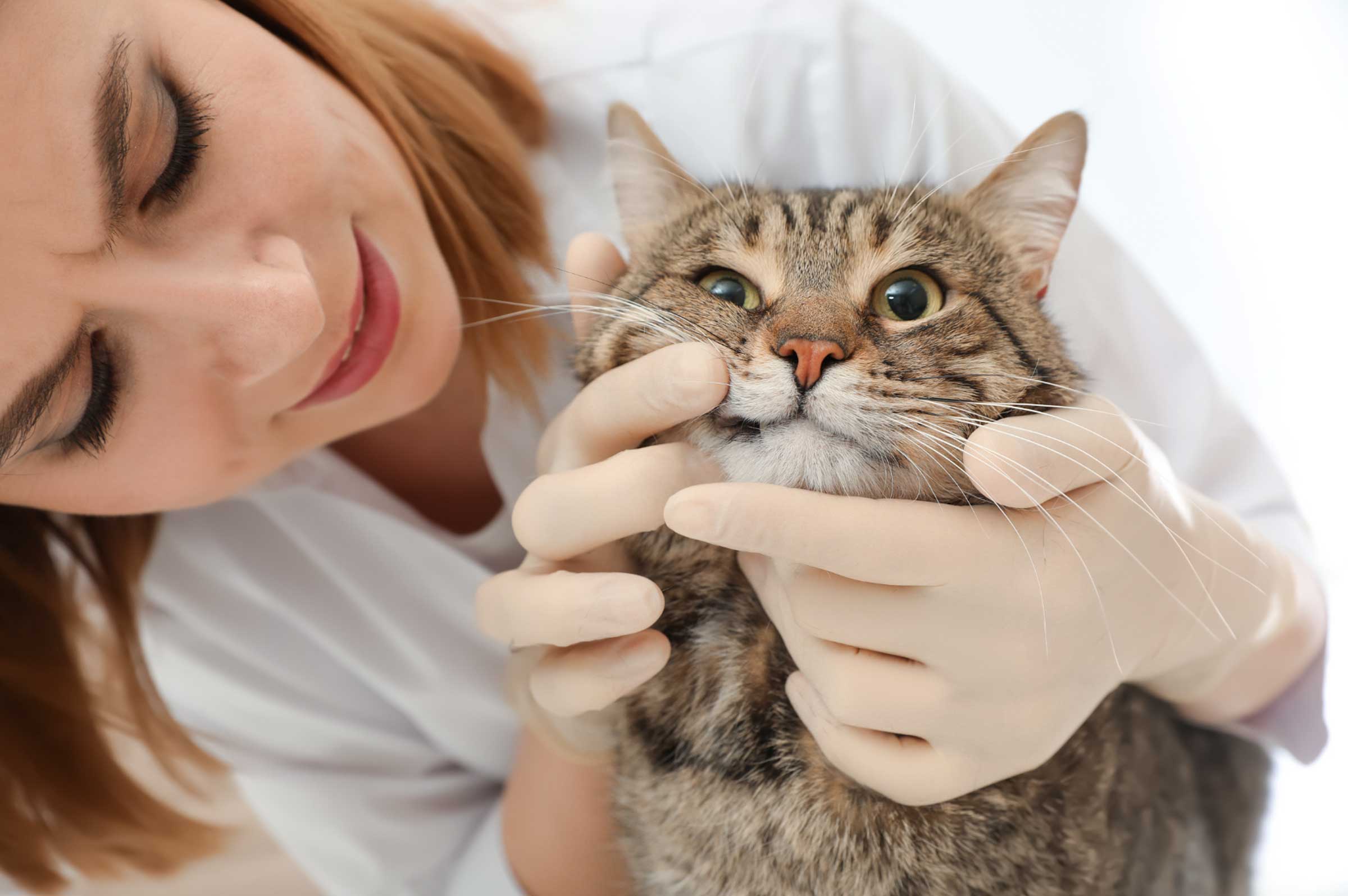Gut health plays a significant role in your dog's overall well-being. Just like humans, dogs depend on a healthy digestive system to maintain optimal energy levels, strong immunity, and good skin. When your dog's gut is in balance, they can better absorb nutrients and fight off harmful bacteria.
Probiotics are live bacteria that can help keep this balance in check, promoting a healthy gut and overall health for your dog. As a pet parent, it’s essential to understand how probiotics can support your dog’s digestive health naturally. In this article, we’ll explore the benefits of probiotics for dogs and how you can improve their gut health.
What Are Probiotics for Dogs?
Probiotics are live microorganisms, mainly bacteria and yeasts, that offer health benefits when consumed in adequate amounts. When added to your dog's diet, probiotics can help maintain the balance of beneficial bacteria in their gut. A healthy balance between good and bad bacteria is essential for digestion, immune function, and nutrient absorption. Without the right balance, dogs can experience digestive issues like diarrhea, bloating, or even skin irritations.
By introducing probiotics into your dog’s routine, you support the growth of beneficial bacteria that help break down food and improve digestion. These probiotics are available in various forms, including powders, capsules, and chews, making them easy to incorporate into your dog's daily diet.
The Benefits of Probiotics for Dogs
The benefits of probiotics for dogs extend beyond just digestion. One of the primary advantages is the support of a balanced gut microbiome, which strengthens the immune system. When your dog’s gut is balanced, harmful bacteria are less likely to grow, reducing the chances of infections and promoting overall health. Additionally, probiotics can help alleviate symptoms of digestive discomfort such as gas, bloating, and constipation.
Probiotics also play a vital role in improving your dog's skin and coat condition, and research shows they can even help with skin allergies! Skin issues such as dryness, itching, or excessive shedding can sometimes be linked to an imbalanced gut. By supporting gut health, probiotics can help your dog maintain a healthy, shiny coat and reduce skin irritations. This is why probiotics are increasingly becoming a go-to supplement for pet owners looking to address both internal and external health issues.
When Should You Give Your Dog Probiotics?
It’s essential to know when to introduce probiotics to your dog’s diet. If your dog suffers from chronic digestive issues, such as diarrhea or constipation, probiotics may provide immediate relief. Probiotics can also be beneficial when your dog is recovering from an illness or taking antibiotics, as these treatments can disrupt the natural balance of bacteria in the gut.
Dogs that have a sensitive stomach or are prone to digestive upset can also benefit from probiotics. Regular use can keep their digestive system functioning properly, reducing the likelihood of future issues. It’s always best to consult with your veterinarian before introducing any new supplement, including probiotics, into your dog’s routine, as they can help determine the right dosage and product for your dog's needs.
Choosing the Right Probiotic for Your Dog
Not all probiotics are the same, and it's essential to choose a high-quality product designed specifically for dogs. Look for probiotic supplements that contain strains known to support canine digestive health, such as Lactobacillus and Bifidobacterium. It’s also important to choose a probiotic with high colony forming units (CFU’s). It’s also important to select a product that is easy to administer to your dog, whether it's in the form of a chew, powder, or capsule.
VetSmart Formulas Critical Digestive Restore is an excellent option for dog owners seeking a natural probiotic solution. This chewable supplement is formulated to support your dog's gut health, improve digestion, and restore balance to the microbiome. The easy-to-administer chews ensure that your dog gets the full benefits of probiotics without any hassle.
Conclusion
Probiotics are an effective, natural way to support your dog’s digestive health and overall well-being. By adding probiotics to your dog's diet, you can help improve digestion, boost immunity, and address skin and coat issues. Whether your dog is dealing with digestive discomfort or you want to maintain their overall health, probiotics are an excellent option.
To support your dog’s gut health, consider trying VetSmart Formulas Critical Digestive Restore probiotic chews, specially designed to improve your dog’s digestive function and overall vitality.











